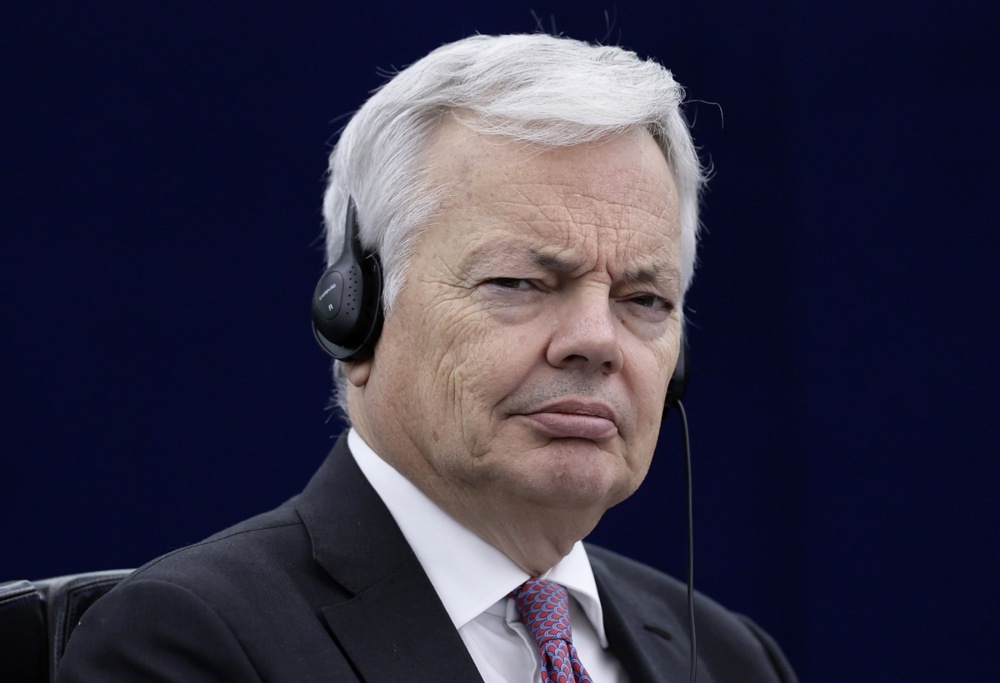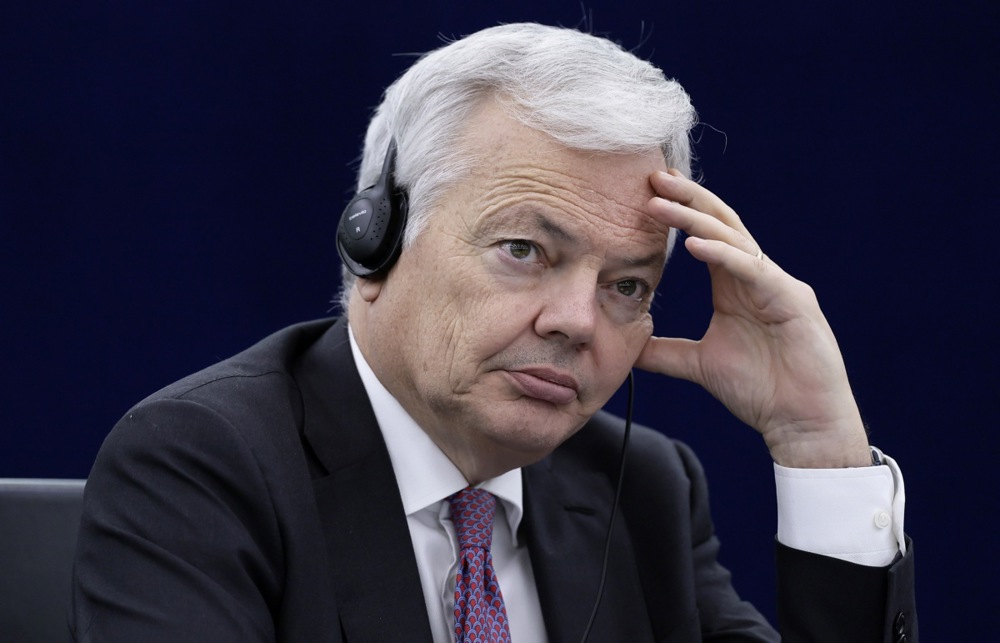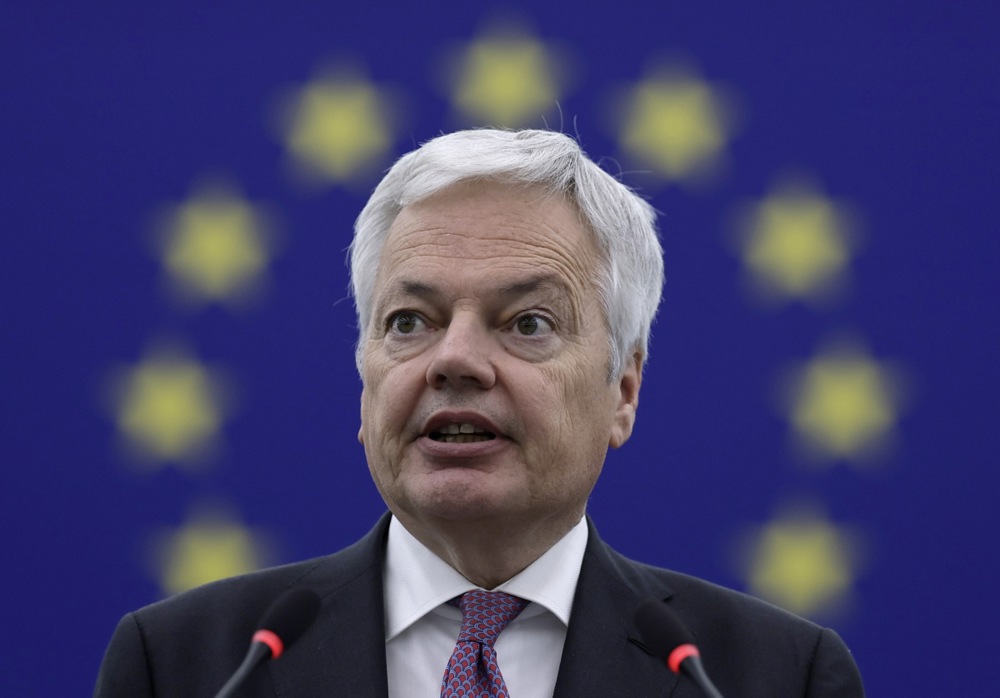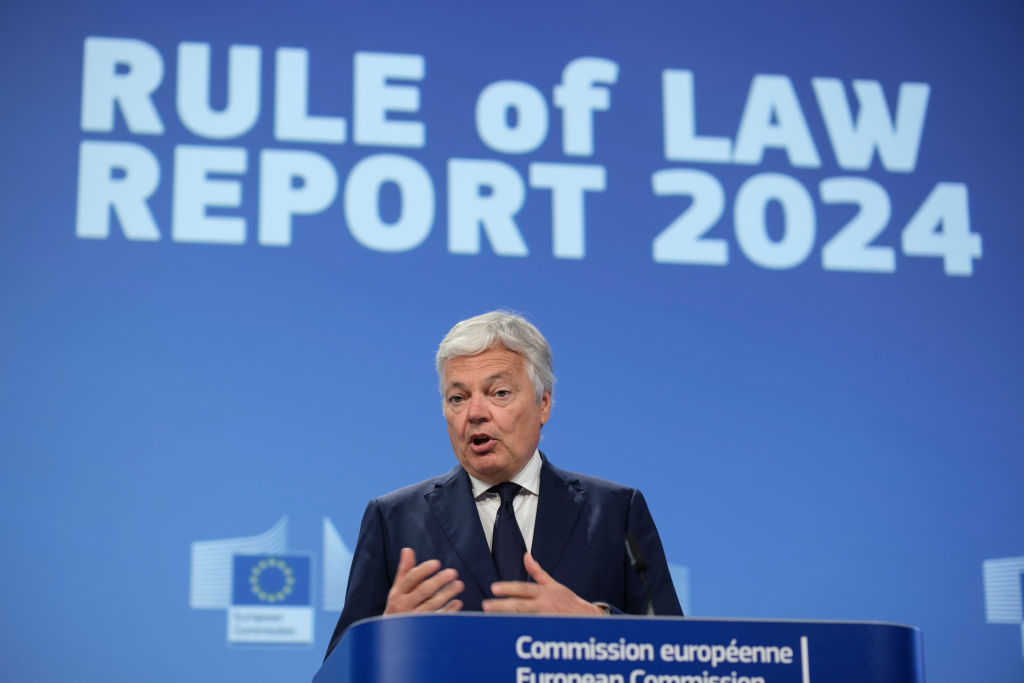Former European Commissioner of Justice Didier Reynders, being investigated for alleged possible money laundering, earns a double pension, it has been revealed.
That is thanks to him having worked for the European Commission and it far exceeds pension limits for ordinary Belgians.
Reynders no longer holds any office at the age of 66 and is receiving his pension — or, to be more precise, pensions – after a long political career.
Having served as a parliamentarian and federal minister in Belgium, he had qualified for a relatively high pension already, hitting the national ceiling of €8,129.08 gross per month.
Yet, thanks to his job as justice commissioner, which he stood down from at the end of November, he has bypassed the national ceiling and receives a European pension of €4,500 gross per month extra, Belgian newspaper Sudinfo reported on December 17
Combined, Reynders now takes home €12,629 gross per month.
Other politicians who worked for the European Union get the same privilege. For example, former president of the European Council and Belgian prime minister Charles Michel, as yet too young to receive a pension, will get a similar bonus.
The same is true for another former Belgian prime minister and ex-MEP, Guy Verhofstadt, who currently works for the EU-funded European Movement International.
The revelations surrounding Reynders’ substantial pension have sparked significant controversy in Belgium, particularly in light of ongoing investigations into alleged money laundering.
Adding fuel to the fire is his Liberal Party’s stance on pensions reform, which has advocated for reducing pensions costs and extending the required age of qualification. The policy seems to many to be in stark contrast to the generous benefits Reynders receives.
Most Belgians do not get close to the national pension ceiling in the first place. On average, pensioners who worked as employees receive €1,643 gross per month, while former self-employed people only get €1,094 gross per month.
Raoul Hedebouw, president of the Belgian Communist Party, reacted on social media to what he termed the “hypocrisy” of Reynders’ Liberal Party.
He said it was “advocating for a pension penalty to reduce workers’ pensions while ignoring the issue of exceeding the national ceiling in the case of former Minister and European Commissioner Didier Reynders”.
Georges Louis Bouchez, president of the Liberal MR Party, tried to distance himself from Reynders. He recently said the former commissioner “no longer serves a mandate for the party”.





